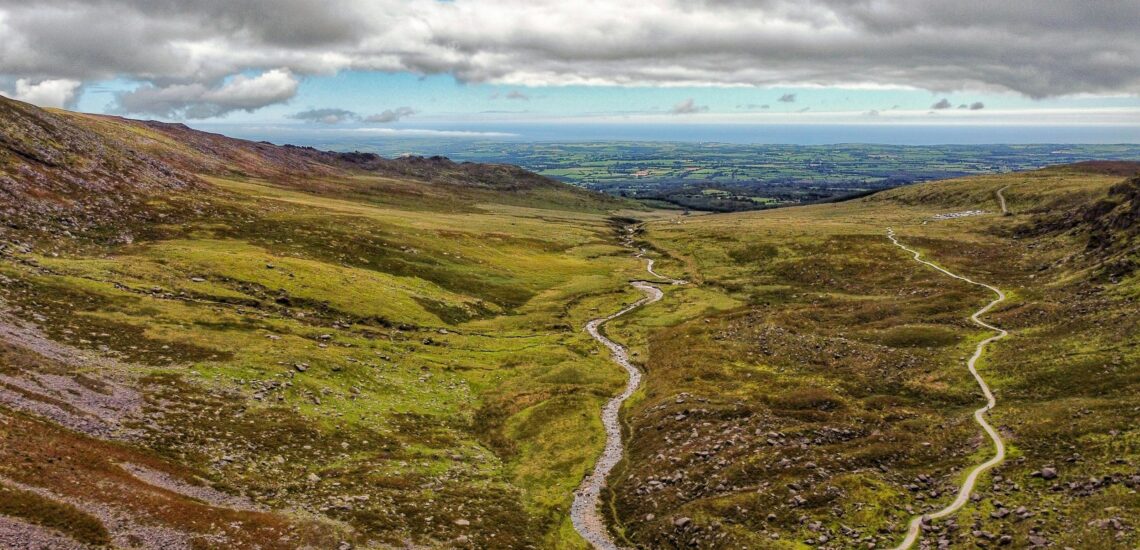Quick facts about Ireland:
- Population: Ireland has a population of over 4.9 million people.
- Official Languages: Ireland’s official languages are Irish (Gaeilge) and English.
- Capital: Dublin is the capital city of Ireland.
- Government: Ireland is a republic with a parliamentary democracy.
- Currency: The official currency of Ireland is the Euro (EUR).
1 Fact: The Irish language is unique
The Irish language, known as Gaeilge, is uniquely significant in Ireland, where over 1.7 million people claim to have some level of proficiency. It stands as one of the official languages alongside English, adding cultural depth to the nation. While Irish belongs to the Celtic language family, it doesn’t have direct relatives, making it distinct. However, there are other Celtic languages like Scots Gaelic and Welsh. Efforts to preserve Irish include educational initiatives, and its distinctiveness highlights the diversity of languages worldwide.

2 Fact: Ireland had long been under British oppression
Ireland experienced a long history of British rule and influence, marked by periods of colonization, oppression, and resistance. The Anglo-Norman invasion in the 12th century initiated English control, intensifying over subsequent centuries. The Great Famine in the mid-19th century exacerbated tensions, and calls for Irish independence gained momentum. The struggle for self-determination culminated in the Irish War of Independence (1919-1921), leading to the establishment of the Irish Free State. The complex historical relationship between Ireland and Britain reflects a tumultuous past, shaping Ireland’s quest for sovereignty and national identity.
3 Fact: The Irish love pubs
The affection for pubs runs deep in Irish culture, with approximately 7,100 pubs across the country. This rich pub culture plays a central role in Irish social life, fostering a sense of community and camaraderie. These establishments, renowned globally for their unique charm, serve as vital spaces for storytelling, traditional music, and socializing. Ireland’s pub tradition reflects not only a numerical abundance but also a cultural treasure cherished by locals and visitors alike.
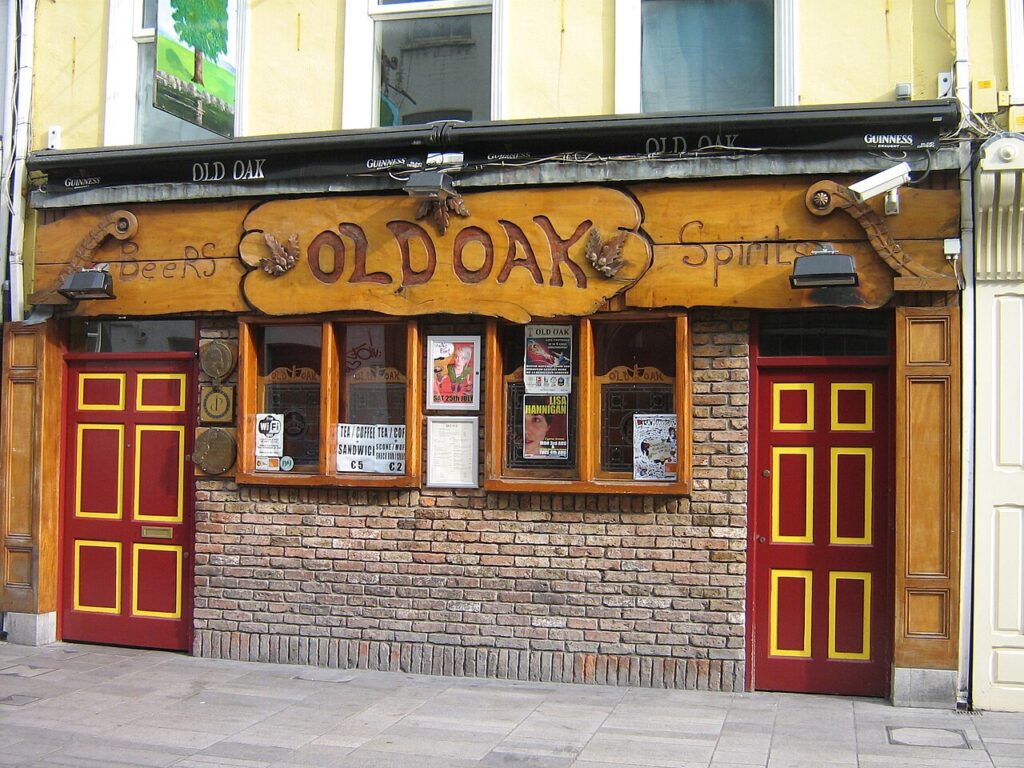
4 Fact: The feast of St. Patrick is associated with Ireland
The feast of St. Patrick, celebrated on March 17th, holds profound significance for Ireland. St. Patrick, the patron saint of the country, is credited with bringing Christianity to Ireland in the 5th century. Legend has it that he used the three-leafed shamrock to explain the Holy Trinity. St. Patrick’s Day has evolved into a vibrant celebration, not only in Ireland but worldwide, marked by parades, green attire, and cultural festivities.
5 Fact: Halloween originated in Ireland
Halloween has its roots in Ireland. The origins of Halloween can be traced back to the ancient Celtic festival of Samhain, which marked the end of the harvest season and the beginning of winter. It was believed that during this time, the boundary between the living and the dead was blurred, allowing spirits to roam the earth. To ward off these spirits, people would wear costumes and light bonfires.
When Christianity spread to Ireland, the church incorporated elements of Samhain into the Christian calendar. The night before All Saints’ Day, known as All Hallows’ Eve, eventually evolved into the modern celebration of Halloween.
While Halloween has become a widely popular and commercialized holiday worldwide, its origins can be traced back to the Celtic traditions in Ireland.
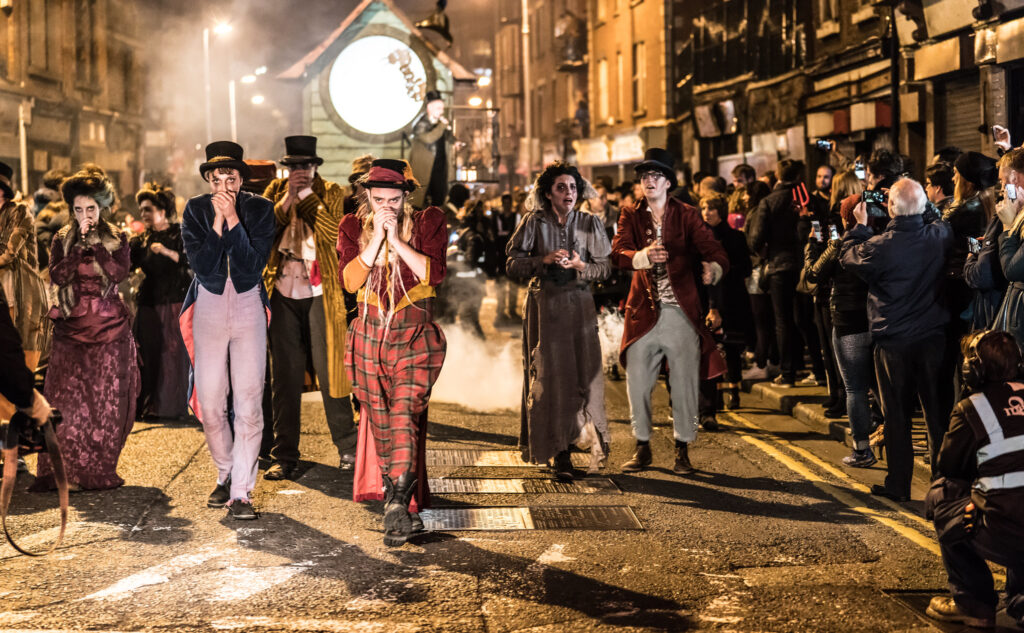
6 Fact: Road traffic in Ireland is on the left
Since the early 18th century, road traffic in Ireland has followed the tradition of driving on the left-hand side. This historical practice aligns with neighboring countries, notably the United Kingdom. Over the years, it has become a distinctive feature of Ireland’s road culture, shaping the flow of traffic and road safety measures.
Note: Before traveling, check if you need an International Driver’s License in Ireland to drive.
7 Fact: The world-famous Guinness beer from Ireland
The world-famous Guinness beer originates from Ireland and holds a prominent place in the country’s brewing heritage. First brewed in 1759 by Arthur Guinness at the St. James’s Gate Brewery in Dublin, Ireland, Guinness has become an iconic and globally recognized brand. Renowned for its distinctive dark color and creamy head, this stout has garnered a vast international following. The brewery at St. James’s Gate remains a popular tourist attraction, inviting visitors to explore the history and brewing excellence behind Ireland’s most celebrated beer.
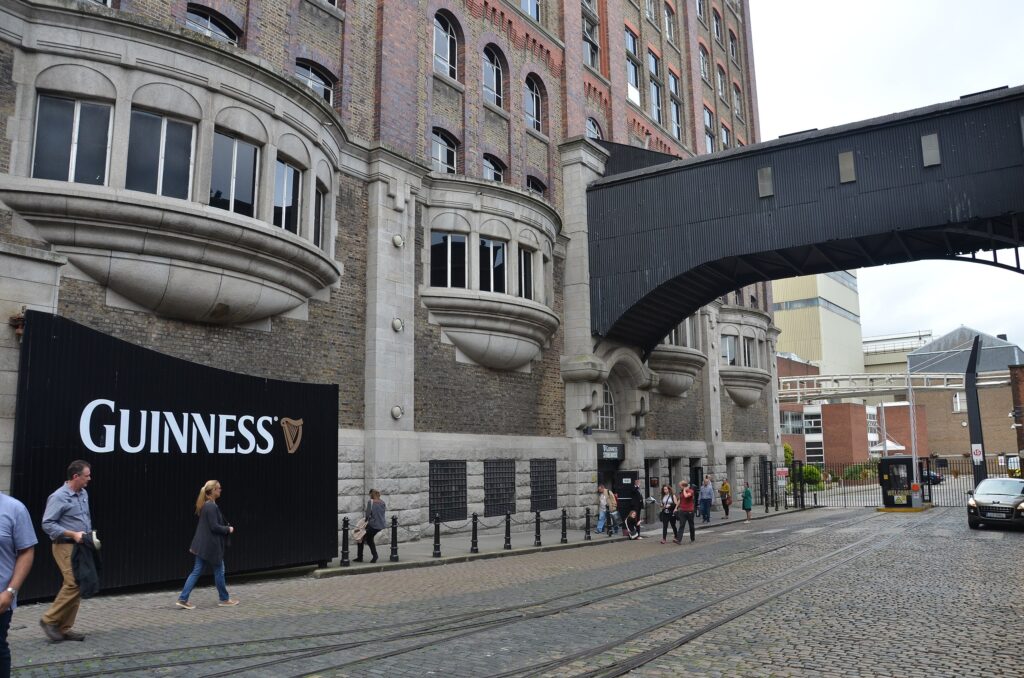
8 Fact: The oldest yacht club is in Ireland
The oldest yacht club in the world is the Royal Cork Yacht Club, located in Crosshaven, County Cork, Ireland. Established in 1720, the club has a rich maritime history and has played a significant role in the development and promotion of sailing. The Royal Cork Yacht Club continues to be a prestigious institution, hosting various sailing events and regattas while maintaining its status as the oldest yacht club globally.
9 Fact: Ireland has about 30,000 castles and their ruins
Estimates suggest that Ireland is home to approximately 30,000 castles and castle ruins. These structures are scattered across the Irish landscape, each holding a piece of the country’s rich history. From well-preserved castles that served as defensive fortifications to picturesque ruins that evoke tales of the past, Ireland’s abundance of castles reflects the enduring architectural and historical legacy of the island.
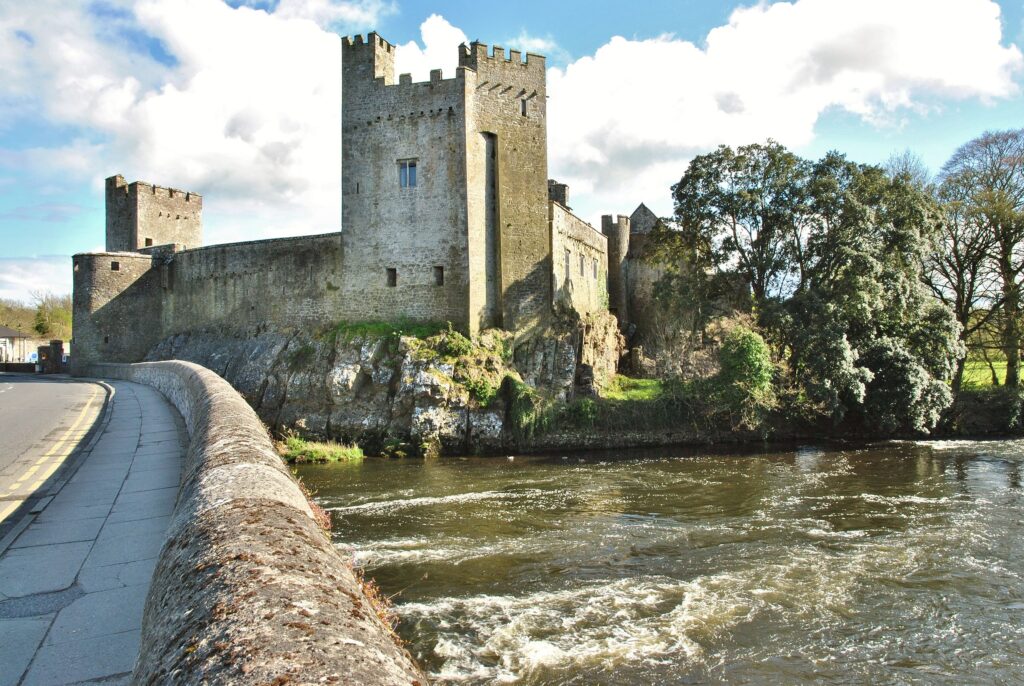
10 Fact: There are tens of millions of people of Irish descent in the world
The Irish diaspora has had a profound impact, and estimates suggest that there are over 80 million people of Irish descent worldwide. In the United States alone, the Irish-American population numbers around 33 million, making it one of the largest ancestral groups. Additionally, countries such as Canada, Australia, and the United Kingdom have substantial populations of people with Irish roots

Published December 24, 2023 • 8m to read

